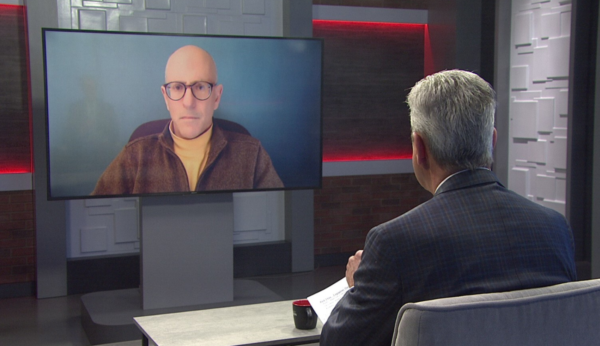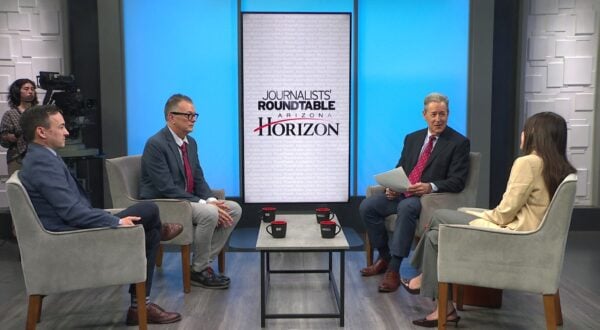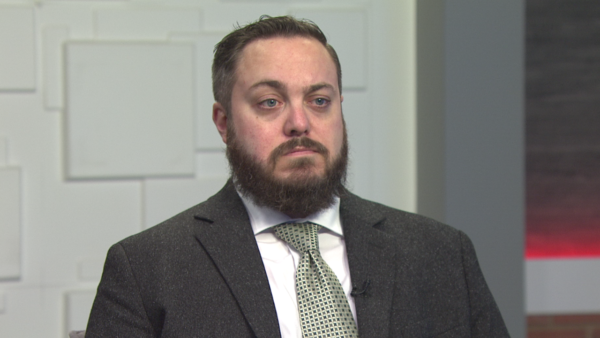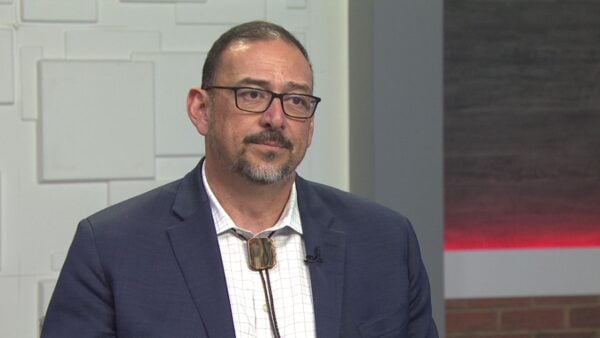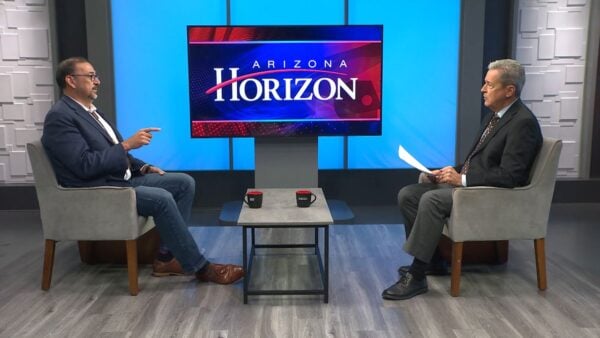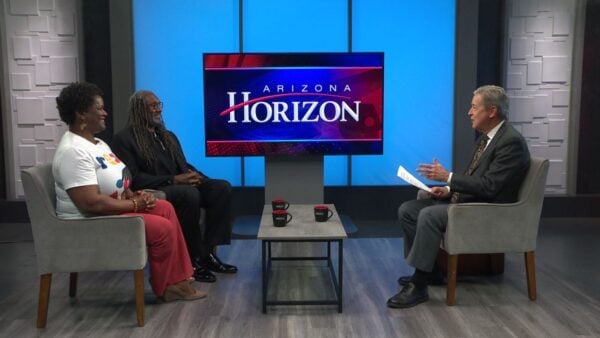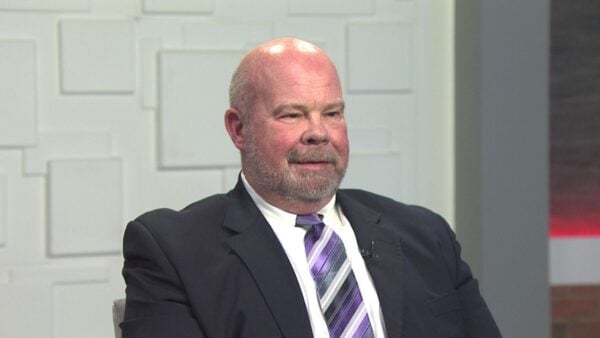SCOTUS limits Miranda rights in recent ruling
July 25, 2022
A recent U.S. Supreme Court ruling brought on new questions regarding the reading of Miranda rights in civil cases. The court ruled that police officers will no longer be able to be sued in civil court for improper Miranda warnings. This move is looked at as an effort by the conservative court to further erode Miranda rights, which originally came about due to a case in Arizona back in the early 1960s.
We spoke to Gary Stuart, an Adjunct Professor at ASU’s Sandra Day O’Connor College of Law about the ruling.
In the SCOTUS ruling Vega v. Tekoh the Supreme Court held that you could not sue a police officer in civil court for improper Miranda warnings. The case involved Terence Tekoh, a hospital worker in Los Angeles who was arrested for sexually abusing a patient.
At issue was not whether a defendant must be read his Miranda rights, but whether he can sue an officer for damages if he doesn’t receive the Miranda warning for evidence introduced in a criminal proceeding. Lower courts have split on the issue.
Carlos Vega, a Los Angeles County sheriff deputy, questioned Tekoh. However, he failed to read him his rights as required by the 1966 precedent of Miranda v. Arizona, where the court held that a defendant must be warned of a “right to remain silent.” Under that precedent, without the Miranda warning, criminal trial courts are generally barred from admitting self-incriminating statements made while the defendant was in custody.
Tekoh ultimately confessed, was tried and acquitted, even after the introduction of his confession at trial. Later, he sued the officer under a federal law, Section 1983. That law allows suits for damages against a government official for violating constitutional rights.






